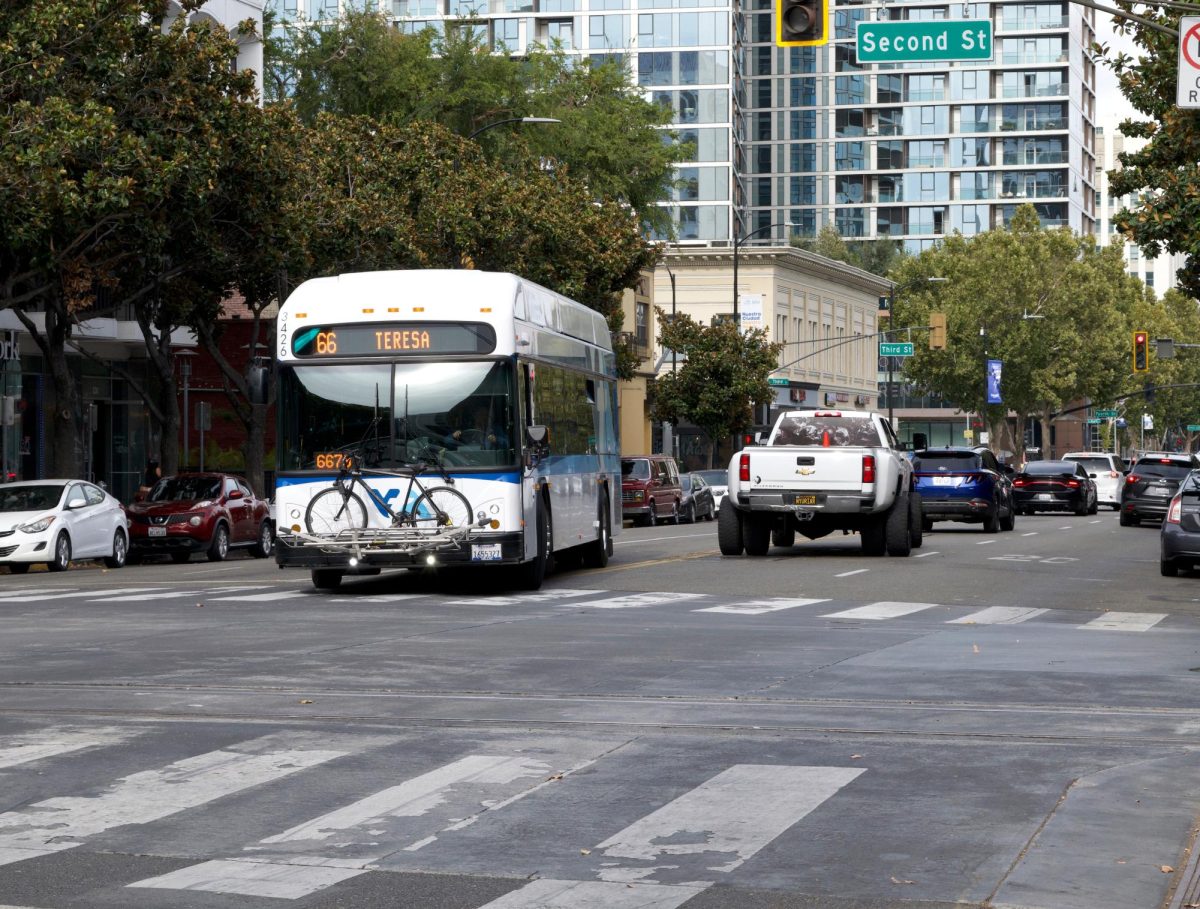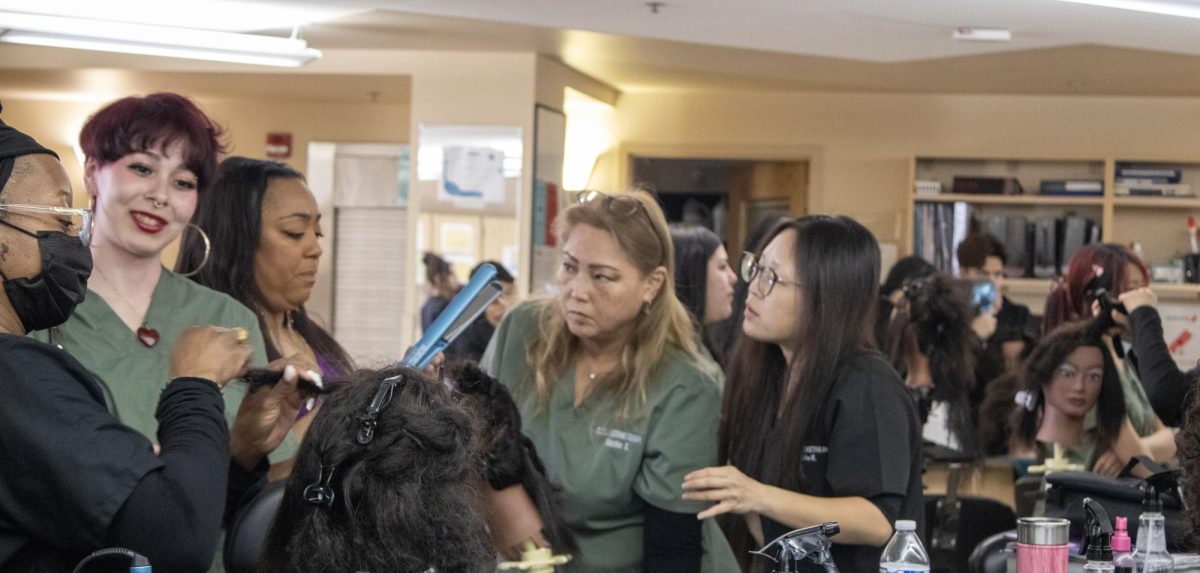SJCC speaks their opinion on paying for school
The money is raining in for those lucky San Jose City College students who receive financial aid.
The second round of disbursement for financial aid began March 20, and many students have already begun jumping off the hypothetical struggle bus they have been riding as they waited for financial aid to arrive in their pockets.
“School is expensive,” said Sonita Mir, a 24-year-old business major at SJCC. “It is something like $50 a unit.”
Mir said she doesn’t receive aid because her husband made more than $30,000.
She is not the only student on campus who feels the burden of paying tuition and supporting herself. It’s known that some students struggle to pay for school, but what is not as widely known is that there is help available.
“Student aid comes in many forms and from many sources,” according to the SJCC website. Most students receive their aid through the U.S. Department of Education, but students can also find aid from the state, school or private organizations that have scholarships.
Aid can come in the form of scholarships, grants that act like scholarships and don’t have to be paid back, loans that must be paid back, fee-waivers, and work-study that allows students to work a job on campus and pay off their tuition in return.
Brian Nguyen, a 28-year-old physical therapy major, shares the opinion of Mir that school is expensive. However, unlike Mir, Nguyen is a beneficiary of financial aid at SJCC. He said he does not receive any money back but he does receive the Board of Governor’s Fee Waiver that waives the $47 per unit cost to attend SJCC.
Nguyen said the BOG Fee Waiver helps him a lot since he simply has to focus on paying for his own textbooks, which he often chooses to rent to further help cut costs.
“It’s very helpful. I keep hearing tuition is getting more and more expensive and it’s cool that I don’t have to worry about that.”
While Nguyen does not have to worry about tuition, students such as Mir, receive no type of financial aid and struggle to pay for their supplies.
Mir said she tries to avoid buying books. She didn’t buy the $150 book necessary for her Biology class, instead opted to rent them for a cheaper price to help ease the financial burden.
Mike Chiu, a 20-year-old kinesiology major, receives grants from financial aid to pay for his studies.
Chiu said, “They pay for my books and my transportation.”
Chiu said that he also uses his aid to pay for his clothes, food and games.
“(Financial Aid) should check personal income, not household income,” Mir said, “I don’t work so I should be able to qualify for financial aid.”






